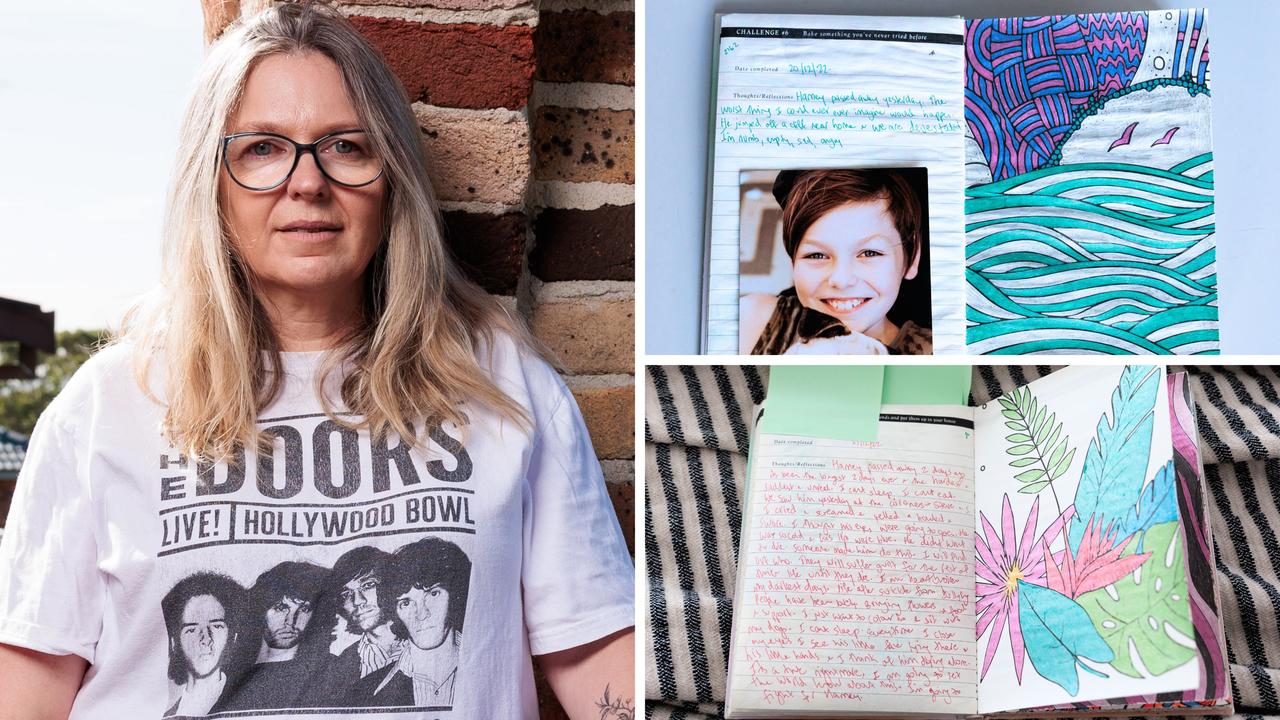Irish documentary looks at Melbourne murders
A DOCO on the murders of three Irish nationals in Melbourne — including Jill Meagher — has aired and it takes aim at one element.
TOM Meagher knew something was wrong the second his wife stopped responding to him on her mobile phone.
The husband of Jill Meagher, who was raped and murdered when she was on her way home, has spoken about the 2012 crime that shocked the nation.
Mr Meagher has been mostly silent since his wife’s brutal death, but contributed to an Irish documentary, called Murders in Melbourne, which looks at three murders of Irish nationals, which all happened within one year.
When Mr Meagher’s wife wasn’t responding to his messages on that fateful night, he kept thinking “this isn’t something she would do, where is she?” he told the documentary.
The last time anybody saw Jill Meagher was on CCTV footage, where she is seen walking with a man on Sydney Road in Brunswick.
That man would be the last to see her, to talk to her — he was her killer, Adrian Ernest Bayley.
Meagher looks over her shoulder one last time before leaving the frame of the CCTV.
Nobody will ever know why she hesitantly followed Bayley, we will probably never know what he said but one question will always be asked — why was he out of jail on parole?
He had a violent history and was on parole for a series of sexual offences.
Bayley is now behind bars for the murder and rape of Ms Meagher in September 2012. He was sentenced to life imprisonment with a 35-year non-parole period.
During his sentencing Judge Sue Pullen said Bayley was an “experienced” hunter.
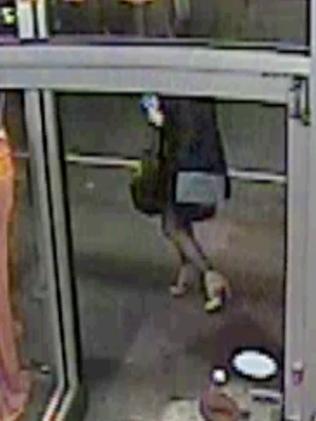
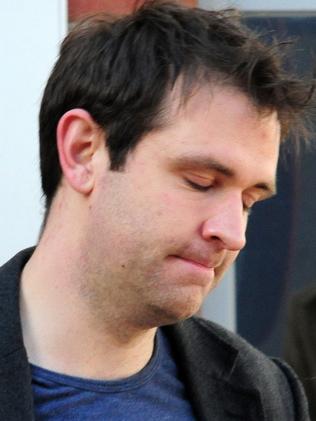
“Once these victims were in your sights, their fate was sealed,” Judge Pullen said.
Strangers wept for Ms Meagher, they laid flowers outside the dress shop where she was last seen on CCTV.
About 30,000 people marched down a Melbourne street, outraged the system had let a predator like Bayley out of jail.
After Bayley’s sentencing, Ms Meagher’s husband said this would be the worst thing that ever happened in his life.
In his victim impact statement he said the murder of his wife gave him a lifetime of fear, insomnia, unending panic attacks and anger he never asked for.
He said he had first-hand knowledge of how deeply depraved and disgusting a human being could be.
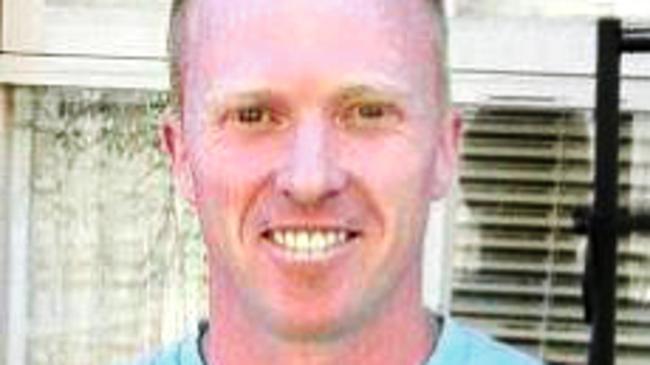
Ms Meagher’s killer was not the only man who murdered while out on parole.
Dermot O’Toole was killed in July 2013 in Melbourne, within a year of Ms Meagher.
Mr O’Toole and his wife Bridget were working at their Hastings jewellery store when Gavin Perry entered and started attacking Mrs O’Toole.
“He was just screaming. Unmerciful screaming, like a wild animal,” she told the Murders in Melbourne documentary.
“He grabbed me and stabbed me several times, like he was trying to gut me. I am jumping back but he keeps trying to plunge the knife into me.”
This is when her husband runs out to protect his wife.
Mrs O’Toole fell into a glass cabinet, an explosive noise she can still hear to this day.
Perry then began attacking Mr O’Toole, who was defenceless on the ground.
“Call an ambulance, I’ve been stabbed,” he said to his wife.
Mrs O’Toole said she began praying and bargaining with God to spare her husband’s life.
She watched as her husband received CPR and a volume of blood was pouring out of him.
“I just said ‘I know he’s dead, you can stop working on him’. I wanted to go to Dermot but they wouldn’t let me. I remember begging them and they eventually let me,” she said.
“All I thought was I should be dead with him. The pain I endured and seeing him die in front of me was unbearable.”
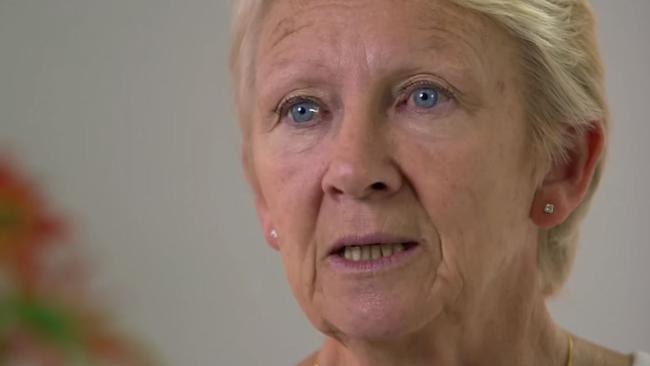
Victims of Crime Commissioner in Victoria, Greg Davies, told the Irish program he thought “here we go again, another Irish person killed in Melbourne”.
“The reality is, Victoria is an incredibly safe place to live,” he said. “Statistics are less than one murder to every 100,000 people, that makes it a very safe place but it has some bad people.”
Perry was a convicted armed robber who was out on parole.
He was a violent man who at the age of 27, had accumulated 200 criminal convictions.
He was released from prison after serving four years for six armed robberies.
Mr O’Toole was the tragic consequence to that release.
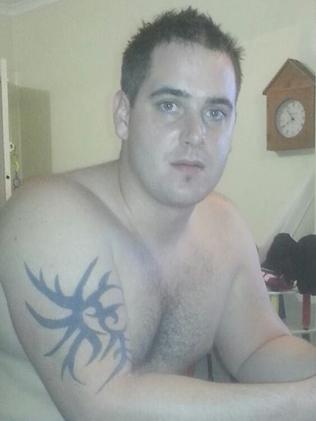
When Mrs O’Toole was told police found her husband’s killer she was pleased he was arrested so it couldn’t happen to somebody else.
“But it wasn’t going to do me any good,” she said. “It was not going to bring Dermot back.”
Mrs O’Toole faced her husband’s killer in court with her three sons.
She remembers Perry looking at her, as if she was the reason he was sitting in the docks in court. Her sons said looking at him was like looking at a blank canvas.
Perry was sentenced to 27 years in prison, he received five years for armed robbery, 20 years for the murder of Mr O’Toole and a minimum of two years for causing injury to Mrs O’Toole.
He was originally to be charged for causing serious injury to Mrs O’Toole but she was told Perry would plead guilty if she dropped the word “serious”. That gave him a discounted sentence.
“I couldn’t make any sense of it. Coming out (of court) I was absolutely devastated,” Mrs O’Toole said. “I was appalled. I could not believe he only had to serve two years for what he did to me.”
Mrs O’Toole told Murders in Melbourne she was campaigning so people like Perry could not get out of jail on parole.
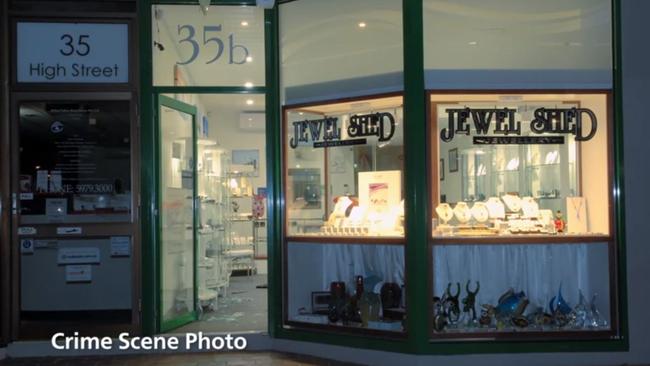
Perry could be released again from jail when he is 51 and Mrs O’Toole’s son, Trent, said he lived in fear for his mother.
“She could be in her 80s when he could be released. I don’t know how she would go psychologically if he is released while she is still alive,” he said.
Between August 2012 and July 2013 three Irish nationals were murdered in Melbourne.
The first, before Mr O’Toole and Ms Meagher, was David Greene, another Irish national who embarked on an Australian adventure.
He would often tell his parents, Catherine and Aidan, about his new life as a hostel manager.
But in August 2012, their “happy little boy” was stomped on the head and David’s father could only hope that it was a bad dream he would wake from.
David’s cousin told Murders in Melbourne that David was a ladies man, the kind who could “charm a wrapper off a Snickers”.
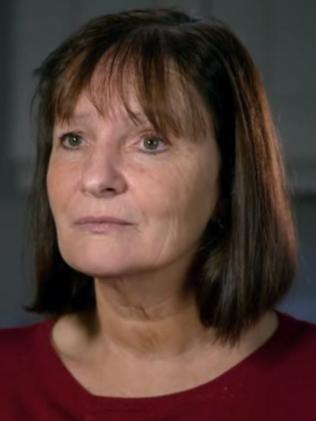
His parents encouraged him to go to Australia, giving him a one-way ticket so he wouldn’t try and return to Ireland within a month of two.
Mrs Greene remembers getting a call from her son, telling her about a new man who moved into the hostel where he worked.
He told his mother he was a bit strange and Mrs Greene warned him to stay away.
That man was Luke Wentholt, and he killed David because he believed he was trying to make a move on his girlfriend.
Wentholt also stomped on another Irish national, David Byas, who survived the ordeal.
Mr and Mrs Greene flew to Melbourne to sit at their son’s bedside.
“The flight was so long,” Mrs Greene told the Irish program. “I thought I’d go over and see Davey sitting in hospital but I went and saw the tubes and the way he looked and realised he was sicker than I thought in my mind.”
They eventually turned off the machine that was keeping David alive.
Victoria Police Detective Senior Constable Nathan Toey said Wentholt was a cold person. In court he was trying to turn the story around and say he was assaulted first, she said.
“He didn’t care for anybody else but himself in those circumstances,” she told the documentary.
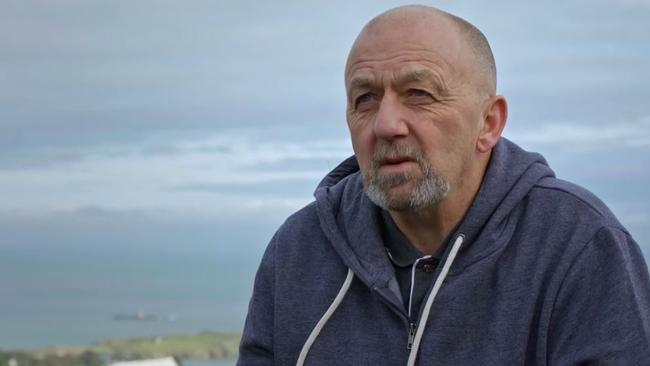
Mrs Greene said she would never forgive Wentholt for what he did.
“He was only out of jail three months and landed on Davey’s door step,” she said.
In September 2013, Wentholt was sentenced 18 years and six months behind bars for David’s murder.
He had previously been jailed for bashing and robbing a prostitute and was out on parole when he killed David.
“Justice was done, he got 18 years. It didn’t matter, David wasn’t coming back,” Mr Greene said.
Commissioner Davies was not impressed that three Irish nationals were violently murdered in Melbourne in just one year, all the killers out on parole.
“It’s not the first time the system has failed us and undoubtedly it won’t be the last,” he said.
- by Olivia Lambert


